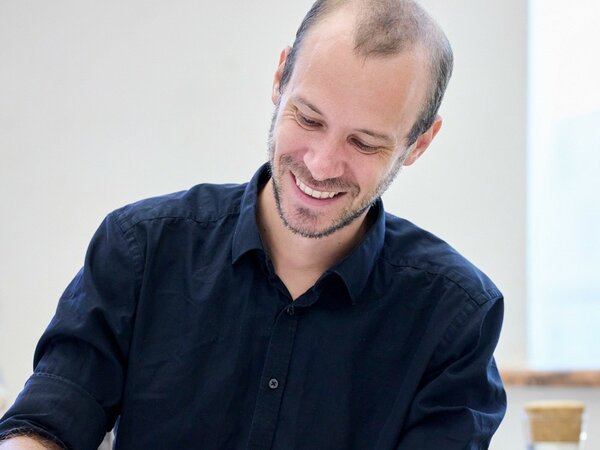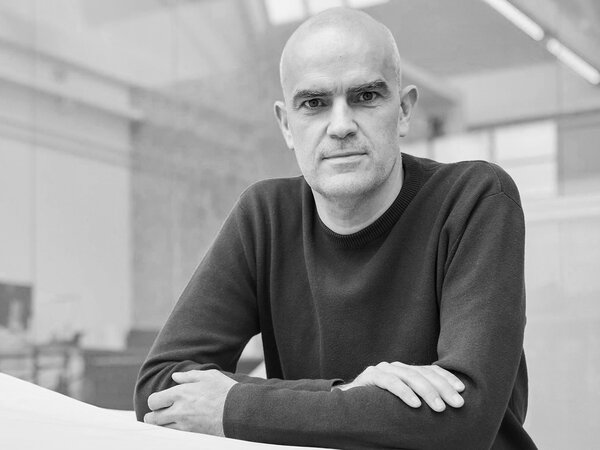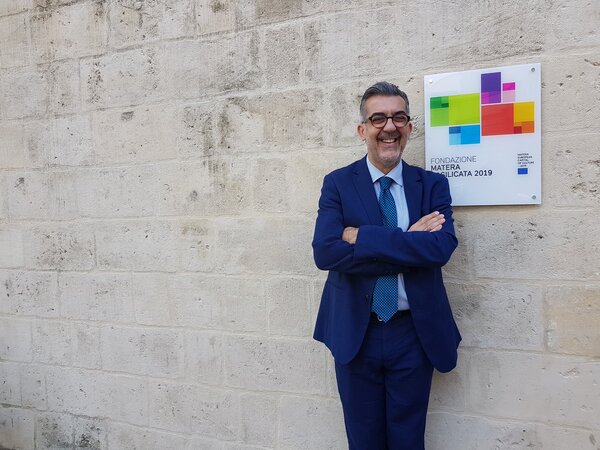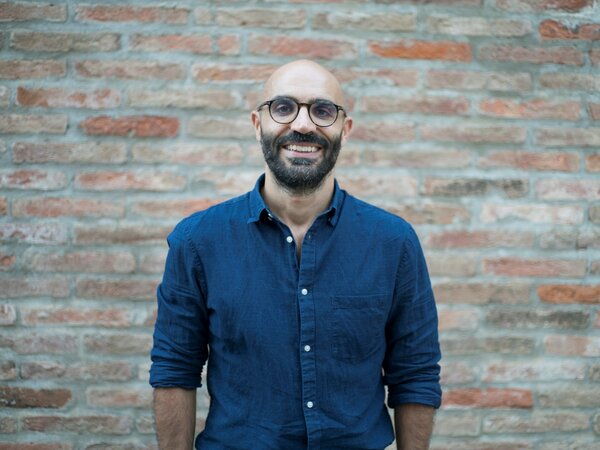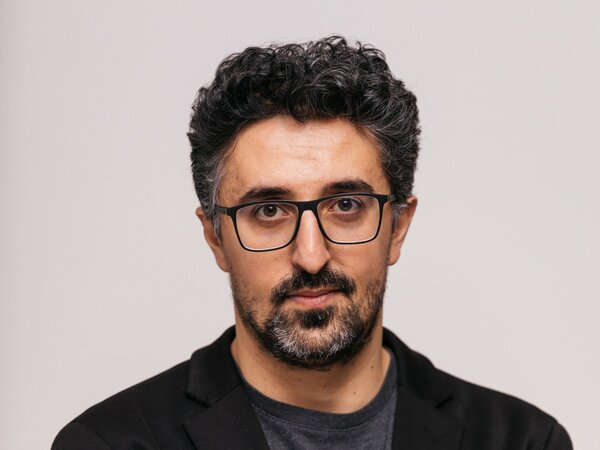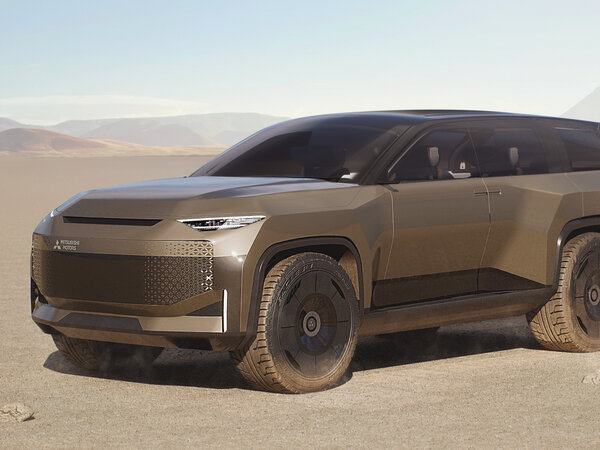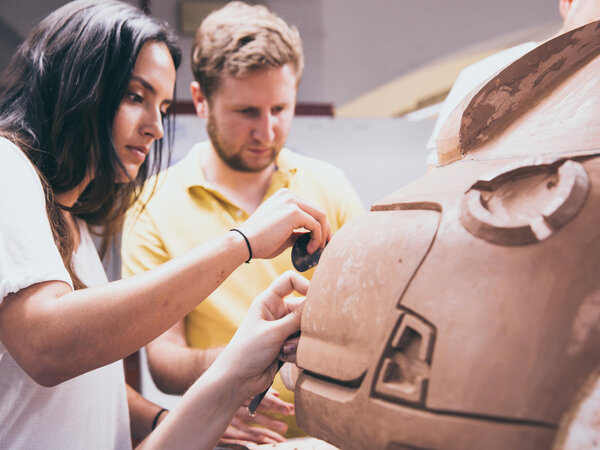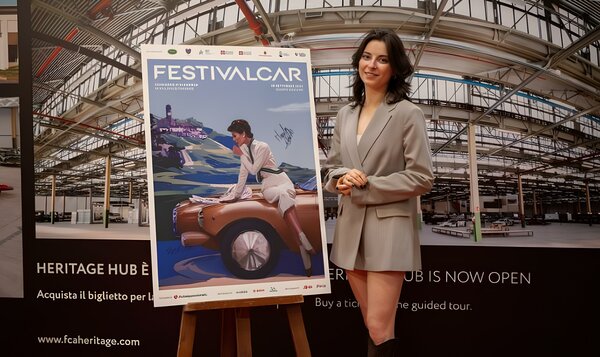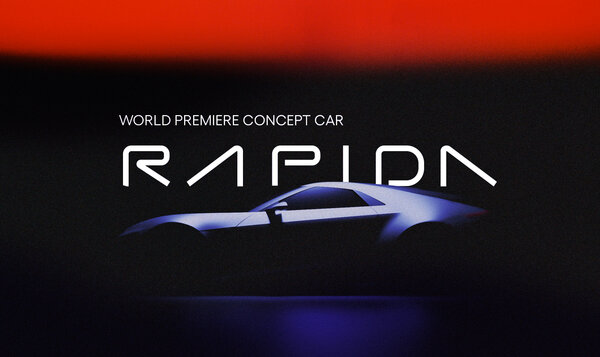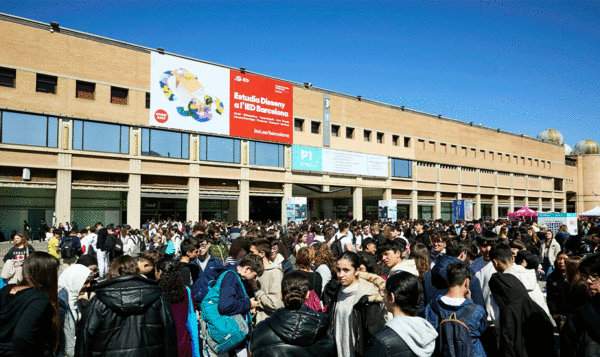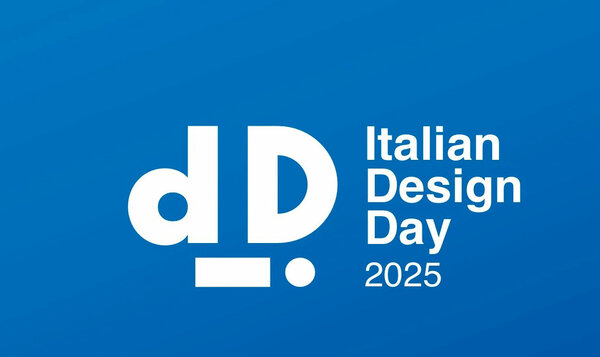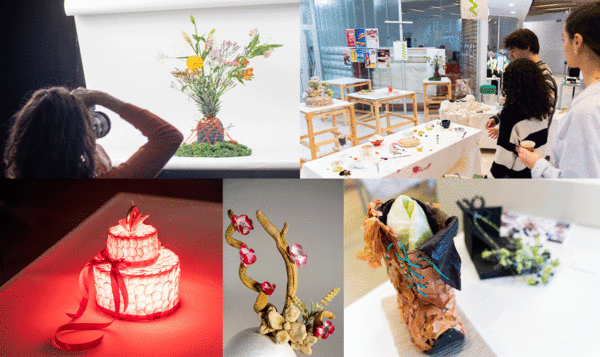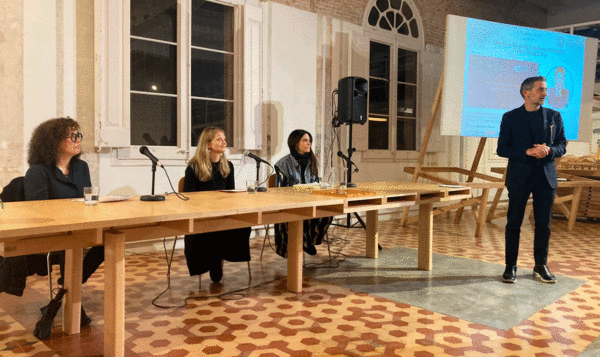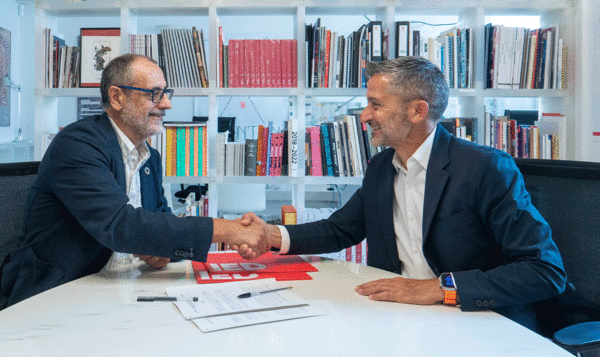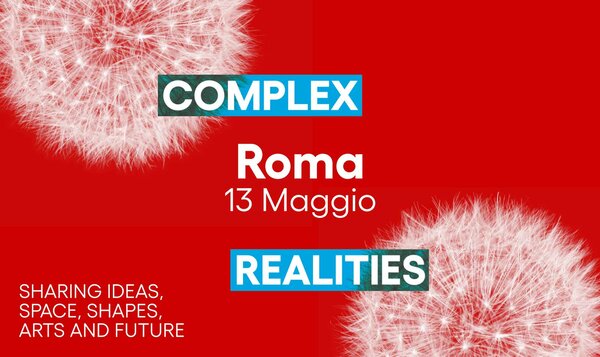
Mobility Design
Rethinking Tomorrow’s Connections
ENG
Language
English
Start date
November 2025
Frequency
Full time
Duration
15 Months
Price
20.300 €
Find out the current facilitations
What kind of forms will mobility take up, as it evolves for long-term environmental and social sustainability?
The UN Sustainable Development Goals (SDGs) agenda of global priorities reminds us every day of how urgent it is to seek out eco-friendly solutions for people’s lives, as we move into a future of ever-changing cities and new mobility patterns.
The Master in Mobility Design. Rethinking Tomorrow’s Connections explores mobility as a cross-disciplinary plot of tangible and intangible relationships with society and the environment. Building on a whole-system analysis of problems involved in contemporary city ecosystems, this program covers mobility with a focus on strategic and responsible actions as a way to address social, cultural, technological and economic issues.
Using a transdisciplinary approach, it provides insights and cross-cutting skills in the areas of humanities and social sciences, technology and digital engineering, all the way through to business management and entrepreneurship development training.
A dynamic blend of sociology, psychology, interaction design, service design, autonomous systems design via big data visualisation, product and environmental design, up to change management and organisational strategy will equip you to lead innovative projects that drive positive impact.
By combining creative thinking with cutting-edge research in a collaborative framework, you’ll develop impactful products, services, strategies, and communication experiences that shape a better future for society and the environment.
Information to decide
The program is organized around four big streams that are all interwoven with many overlaps and crosspoints that further fertilize our transdisciplinary mindset and ideas.
1. Mobility Design skills & methods
The Master’s program equips you with a cross-disciplinary toolkit—blending critical thinking, creativity, communication, collaboration, and adaptability to tackle complex real-world challenges. You’ll work in transdisciplinary teams, master useful key skills, and develop or adapt methodologies to turn bold ideas into impactful action.
2. Body, mind, UX & interaction
The micro scale of mobility is related to our body, how we move, think, perceive, experience, and interact. You’ll explore how users interact with products and interfaces, designing experiences that engage both emotionally and cognitively. By focusing on the human scale, you’ll learn to craft holistic solutions that prioritize user needs, preferences, and experiences.
3. City, Transport & systems
At the meso scale, mobility design is about mastering the dynamic between user, vehicle, and context. You’ll learn to navigate their complexity and design smarter, safer, and more inclusive solutions that seamlessly connect all three, contributing to the livability and resilience of cities worldwide.
4. Global chains & flows
At the macro scale, mobility encompasses global chains and flows, impacting migration, food distribution, material sourcing, geopolitics, economics, and more. Understanding these dynamics you'll learn to design systems that drive sustainability, improve access, and reduce inequality on a global level.
The Master’s Program is designed for those who want to become key players in the mobility of the future. It welcomes students from diverse backgrounds who see mobility as a way to specialize and expand their own field of study. Whether you're a designer, engineer, urban planner, or creative thinker, in this program you'll gain a transdisciplinary vision to drive innovation in sustainable mobility.
Ideal for those passionate about service design, user experience, urban planning, transport systems, and emerging tech, this program empowers you to rethink how we move, connect, and live—turning critical thinking into real-world impact.
Mobility today is no longer just about transportation; it’s a central element of modern society—connecting people, goods, data, and both physical and digital networks. The growing complexity of these interconnected phenomena demands new professionals capable of designing the future of mobility in a holistic way.
This program is specifically designed to meet that need. It trains the mobility designers of tomorrow, equipping you with the skills to tackle global challenges and lead the shift toward a smarter, more sustainable, and accessible future.
The course is held in Torino, historically the heart of Italian automotive production and a symbol of industrial innovation. In this city, renowned for its automotive heritage, you will be immersed in an environment that is now at the forefront of rethinking mobility—shifting from vehicle production to the design of integrated, sustainable mobility systems.
